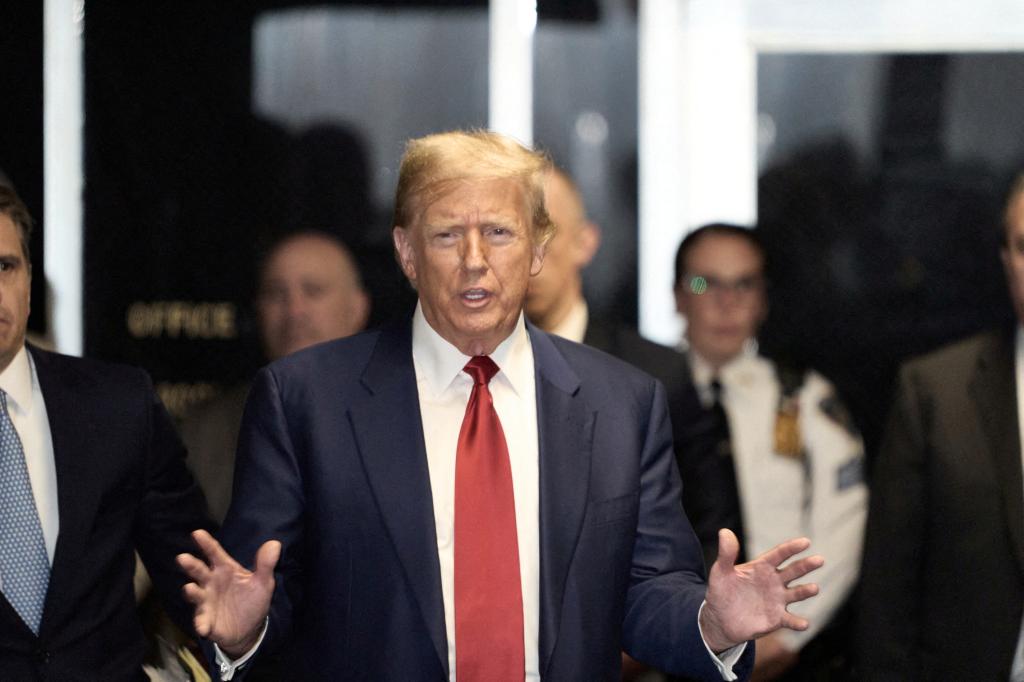The Georgia judge denied Donald Trump’s motion to dismiss criminal charges in the state’s election interference case, arguing that the statements made by Trump and others were in furtherance of criminal activity, and therefore not protected by the First Amendment. Trump and 14 others are facing charges of racketeering and other offenses related to their efforts to overturn his defeat in Georgia to Democratic President Joe Biden. Despite pleading not guilty, the defendants will continue to face trial.
Judge Scott McAfee’s ruling dismissed Trump’s claims that the charges violated his free speech rights, stating that the indictment clearly outlines how the statements made by Trump and others were in furtherance of criminal activity. The decision reinforces the idea that certain speech, when connected to criminal activity, is not protected by the First Amendment. While Trump and his co-defendants maintain their innocence, the ruling allows the case to move forward in the legal system.
The charges against Trump and the other defendants highlight the significant consequences of attempting to interfere in the democratic process. The case underscores the importance of upholding the integrity of elections and preventing any attempts to manipulate or overturn the results. As the legal proceedings continue, the outcome of the case could have broader implications for future election interference cases and the accountability of individuals involved in such activities.
Trump’s legal battles in Georgia add to the numerous other legal challenges he has faced since leaving office. The charges related to election interference represent a significant legal threat to Trump’s personal and political future, as they address attempts to overturn the results of the 2020 presidential election. These ongoing legal challenges continue to shape the public’s perception of Trump and raise questions about accountability for those involved in carrying out his directives.
The denial of Trump’s motion to dismiss the charges illustrates the complexity of legal arguments surrounding free speech rights and criminal activity. The judge’s ruling suggests that the statements made by Trump and others went beyond the protections of the First Amendment when they were connected to criminal conduct. This case could set a precedent for future cases involving similar claims of protected speech in the context of criminal activity, impacting how such cases are approached in the legal system.
Overall, the decision by the Georgia judge to reject Trump’s bid to dismiss criminal charges in the election interference case represents a significant development in the ongoing legal battles surrounding the 2020 presidential election. The ruling reinforces the principle that certain speech, when linked to criminal activity, is not protected by the First Amendment. As the case progresses through the legal system, it will continue to shape discussions around accountability, election integrity, and the consequences of attempting to manipulate democratic processes.















